Slime is a popular, hands-on activity that delights both kids and adults. You’ve probably seen countless recipes that rely on glue, but if you’re looking for ways to make slime without glue—whether due to allergies, safety concerns, or simply wanting to try something new—this article has you covered. Below, you’ll find time-tested methods, practical tips, and easy-to-follow instructions to create gooey, stretchy, and fun slime using common household ingredients. Let’s explore!
What We'll Cover
- Why Make Slime Without Glue?
- Popular Methods to Make Slime Without Glue
- FAQs
- Can You Make Slime Without Glue or Borax?
- What if My Slime Is Too Sticky?
- Is Glue-Free Slime Safe for All Ages?
- Can I Use Flour Instead of Cornstarch?
- Additional Tips & Tricks
- Comparing Glue-Free Slime Recipes
- Safety & Clean-Up
- Conclusion
Why Make Slime Without Glue?
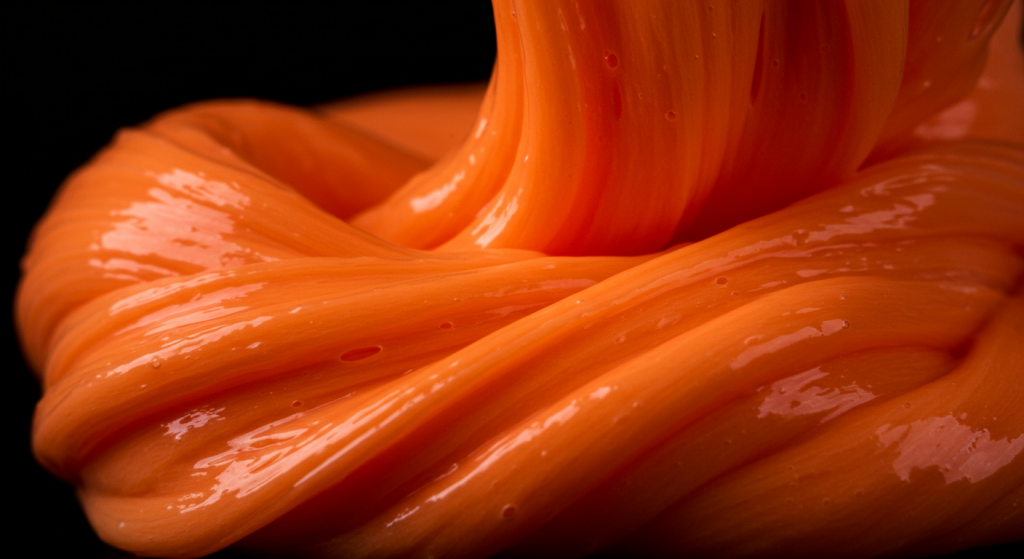
Making slime without glue is appealing for many reasons. Traditional slime recipes often include adhesives like white school glue or clear glue, which can be messy and leave residue on surfaces. They might also contain borax or other chemicals. Glue-free slime alternatives tend to use more natural, kitchen-friendly ingredients—perfect for younger children or those with sensitive skin.
Key Benefits:
- Safety: No glue means fewer chemicals and potentially safer ingredients for young kids.
- Convenience: Most recipes below require everyday items you likely already have, such as cornstarch or shampoo.
- Easy Cleanup: Glue can be difficult to wash off. Glue-free slime typically rinses off with warm water.
Popular Methods to Make Slime Without Glue
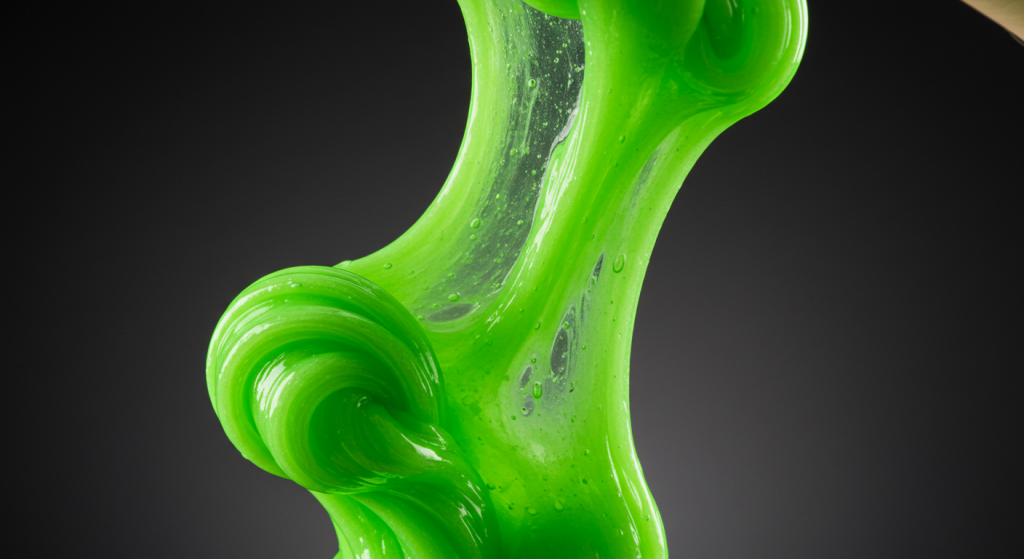
Below are three tried-and-true glue-free slime recipes. Each method uses basic ingredients, many of which you can find in your pantry or bathroom cabinet. Before diving in, it’s a good idea to gather all your materials and keep them within reach for a smoother experience.
1. Cornstarch and Water Slime
Sometimes known as “Oobleck,” this is a classic mixture derived from Dr. Seuss’ book Bartholomew and the Oobleck. It’s technically not “slime” in the glue-based sense, but it shares many of slime’s fun, gooey properties.
Ingredients & Tools:
- 1 cup cornstarch
- ½ cup water (adjust as needed)
- Food coloring (optional)
- Mixing bowl
- Spoon or spatula

NATURAL SKIN CARE: Same great product, new look and new name. Formerly Soothe & Cool Cornstarch Body Powder, use this pure, talc-free and paraben-free, naturally derived body powder to soothe and c...

Derived from pure vegetable juices and spices including beet juice, turmeric and spirulina extract.
FD&C Dye Free
No Artificial Colors
Non-GMO, Gluten Free
Crafted in the USA
Instructions:
- Measure Your Cornstarch: Pour 1 cup of cornstarch into a mixing bowl.
- Add Water Slowly: Start with ½ cup of water. Gently stir with a spoon or spatula. If the mixture feels too dry, add more water a tablespoon at a time.
- Check Consistency: The slime should feel solid when pressed but liquify when you let it rest in your hands.
- Optional Color: Add a few drops of food coloring. Stir gently.
Troubleshooting & Tips:
- If the mixture is too watery, sprinkle in a bit more cornstarch.
- If it’s too solid, add a small splash of water.
- Store in a sealed container for up to one day. Afterward, it may begin to dry or separate.
2. Shampoo and Cornstarch Slime
Overview:
This recipe is perfect for anyone with extra shampoo in the cabinet. It creates a thicker, more stretchy texture compared to the runnier consistency of cornstarch-and-water slime.
Ingredients & Tools:
- ½ cup shampoo (preferably thick, creamy type)
- 2 cups cornstarch
- 4–5 tablespoons water (adjust as needed)
- Food coloring (optional)
- Mixing bowl
- Spoon or spatula

VOLUME & TEXTURE: The 13-fluid ounce bottle of OGX Thick & Full + Biotin & Collagen Volumizing Shampoo with a nutrient-infused formula to give your hair 72+ hours of volume & body & healthy hair in...
Instructions:
- Combine Shampoo & Cornstarch: In a bowl, mix the shampoo and 1 cup of cornstarch. Stir gently.
- Check Mixture: At this stage, the dough may look crumbly.
- Add Water Gradually: Pour in the water one tablespoon at a time. Keep mixing until it becomes cohesive and stretchy.
- Adjust Consistency: If it’s too sticky, add more cornstarch. If it’s too thick, add a little more water.
- Add Color (Optional): A few drops of food coloring can make the slime more vibrant.
Storage & Safety:
- Keep the slime in an airtight container to preserve the texture for up to a few days.
- Because shampoo brands differ in thickness, experiment with the ratio for the best result.
3. Psyllium Husk Slime
Overview:
Psyllium husk is a dietary fiber commonly used for digestive health. When mixed with water and heated, it transforms into a jelly-like substance—perfect for creating glue-free slime.
Ingredients & Tools:
- 1 tablespoon psyllium husk powder
- 1 cup water
- Food coloring (optional)
- Microwave-safe bowl
- Spoon

✔️AN EVERYDAY SOURCE OF FIBER – Our finely ground psyllium husk powder mixes easily into liquids and seamlessly blends into baked goods or cereals, making it the perfect source of fiber, everyday!
...

Authentic Japanese Plastic Bowl Perfect for Serving Noodle Soup, Chinese Wonton Soup, Japanese Ramen, Udon, Donburi, Vietnamese Pho, Cereal.
Japanese Soup Bowl Measures 6-1/4 inch Diameter, 3-3/4 i...
Instructions:
- Combine Psyllium & Water: In a microwave-safe bowl, combine 1 cup water and 1 tablespoon psyllium husk powder.
- Stir Thoroughly: Ensure there are no clumps.
- Microwave: Heat the mixture for about 2–3 minutes, watching closely to prevent overflow.
- Cool Down: Carefully remove the bowl (use oven mitts) and let the mixture cool. It should turn into a thick, gel-like substance.
- Optional Color: Once cooled, stir in a few drops of food coloring.
Texture & Consistency:
- Psyllium slime is more gelatinous than traditional slime.
- If the slime is too runny, microwave it for another 30 seconds and stir again.
FAQs
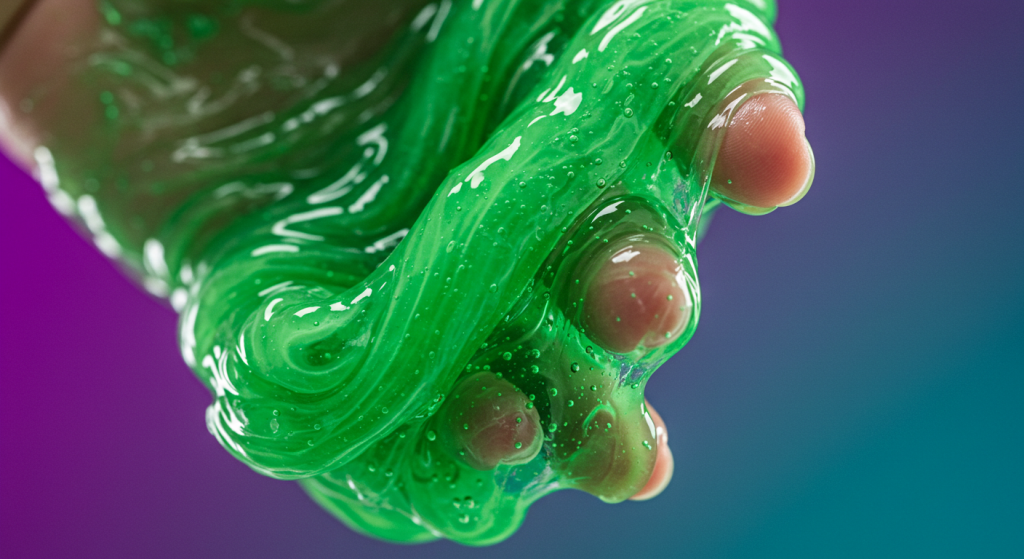
Can You Make Slime Without Glue or Borax?
Yes! Both borax and glue can irritate skin or cause concerns for some individuals. The methods above use common household items, like cornstarch, shampoo, or psyllium husk, to achieve a safe and fun slime texture—no glue or borax required.
What if My Slime Is Too Sticky?
If you’re dealing with sticky slime, add more dry ingredient (like cornstarch) to absorb some of the moisture. Conversely, if your slime is too stiff, incorporate more liquid (water or shampoo, depending on your recipe) until you reach your preferred consistency.
Is Glue-Free Slime Safe for All Ages?
While these recipes are generally safer than glue-based slimes, adult supervision is still recommended, especially if the slime involves microwaving or ingredients that might pose choking hazards to very young children. Always follow best practices like washing hands before and after play.
Can I Use Flour Instead of Cornstarch?
Flour isn’t typically recommended because it doesn’t break down into a silky consistency the same way cornstarch does. You may end up with a paste that’s more dough-like than slimy. If you must substitute, keep in mind the results may differ significantly.
Additional Tips & Tricks
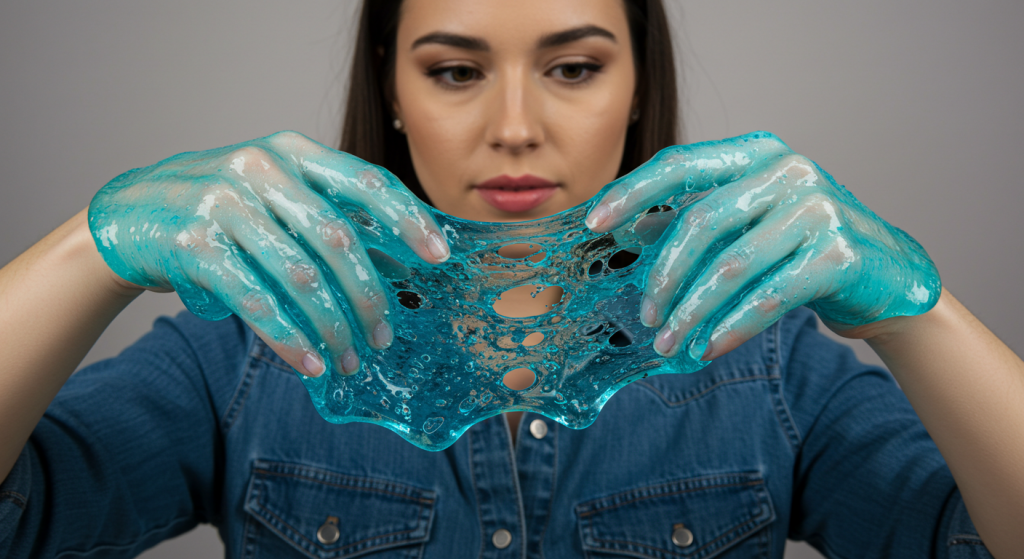
- Add Sensory Elements: Sprinkling fine glitter or small, soft beads can create a new texture, though you should ensure any added items are safe if swallowed or handled by young children.
- Mind the Mess: Slime can still end up on clothes or furniture. Use a tablecloth or tray underneath to protect surfaces.
- Try Small Batches First: If you’re uncertain about a new recipe, start with a small amount of ingredients. This saves resources in case you need to adjust the formula.
Comparing Glue-Free Slime Recipes
Below is a quick comparison of the three main recipes:
| Recipe | Texture | Difficulty | Best For | Notes |
|---|---|---|---|---|
| Cornstarch & Water (Oobleck) | Liquid-to-solid effect | Easy | Younger kids, quick setup | Messier but fascinating fluid properties |
| Shampoo & Cornstarch | Thick & stretchy | Moderate | Kids who like kneading slime | Vary shampoo brand for different textures |
| Psyllium Husk | Gel-like, slightly sticky | Moderate | Educational, cooking-based slime | Requires microwaving; interesting fiber-based |
This table highlights the pros and cons at a glance, helping you decide which method aligns best with your preference or the materials you have on hand.
Safety & Clean-Up
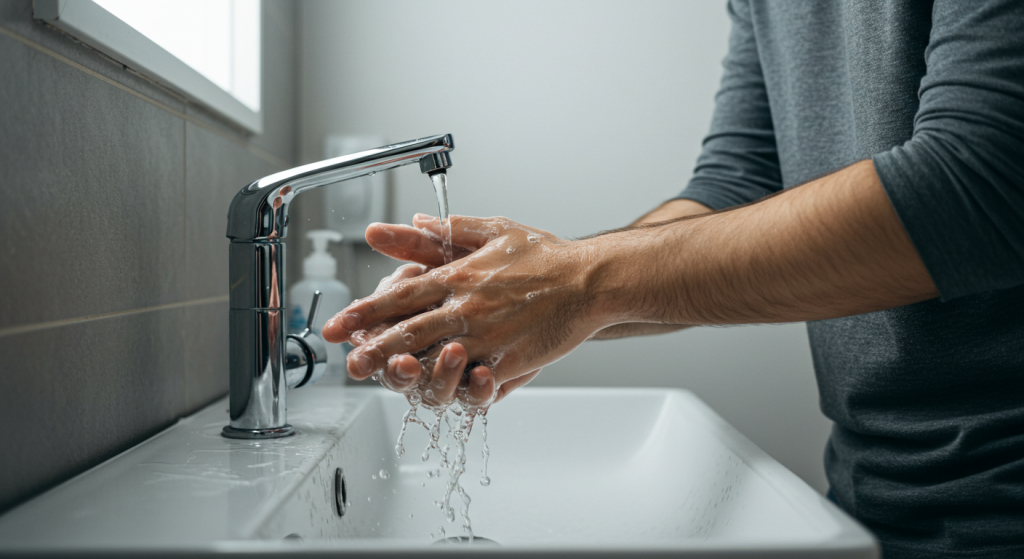
Slime made without glue is typically safe and easy to clean up. Still, remember these safety tips:
- Wash Hands: Before and after playing to avoid introducing bacteria.
- Avoid Ingestion: Although these recipes use less chemical-based ingredients, they’re not meant to be eaten.
- Check for Skin Sensitivities: Some children may react to specific shampoos or dyes.
For thorough household cleaning guidelines, the U.S. Environmental Protection Agency (EPA) website offers advice on non-toxic cleaning products. (Always follow local guidelines and consult with healthcare providers for specific allergen concerns.)
Conclusion
How to Make Slime Without Glue might sound like a challenge at first, but as you’ve discovered, you can craft gooey, stretchy concoctions using everyday ingredients such as cornstarch, shampoo, and psyllium husk. These recipes offer a fun, hands-on experience without the added mess (or potential irritants) of traditional glue-based slimes. Remember to experiment with different ratios, keep an eye on consistency, and always supervise younger children.
Whether you’re aiming for a quick weekend craft with the family or exploring new sensory activities, glue-free slime is an easy and safe option. Enjoy the squishy, stretchy fun—and consider sharing your experiments with friends or in the classroom.
Now that you know the best ways to create slime without glue, why not try one of these recipes today? Gather your ingredients, follow the steps, and watch as ordinary household items turn into hours of creative entertainment. Happy crafting!
The responses below are not provided, commissioned, reviewed, approved, or otherwise endorsed by any financial entity or advertiser. It is not the advertiser’s responsibility to ensure all posts and/or questions are answered.
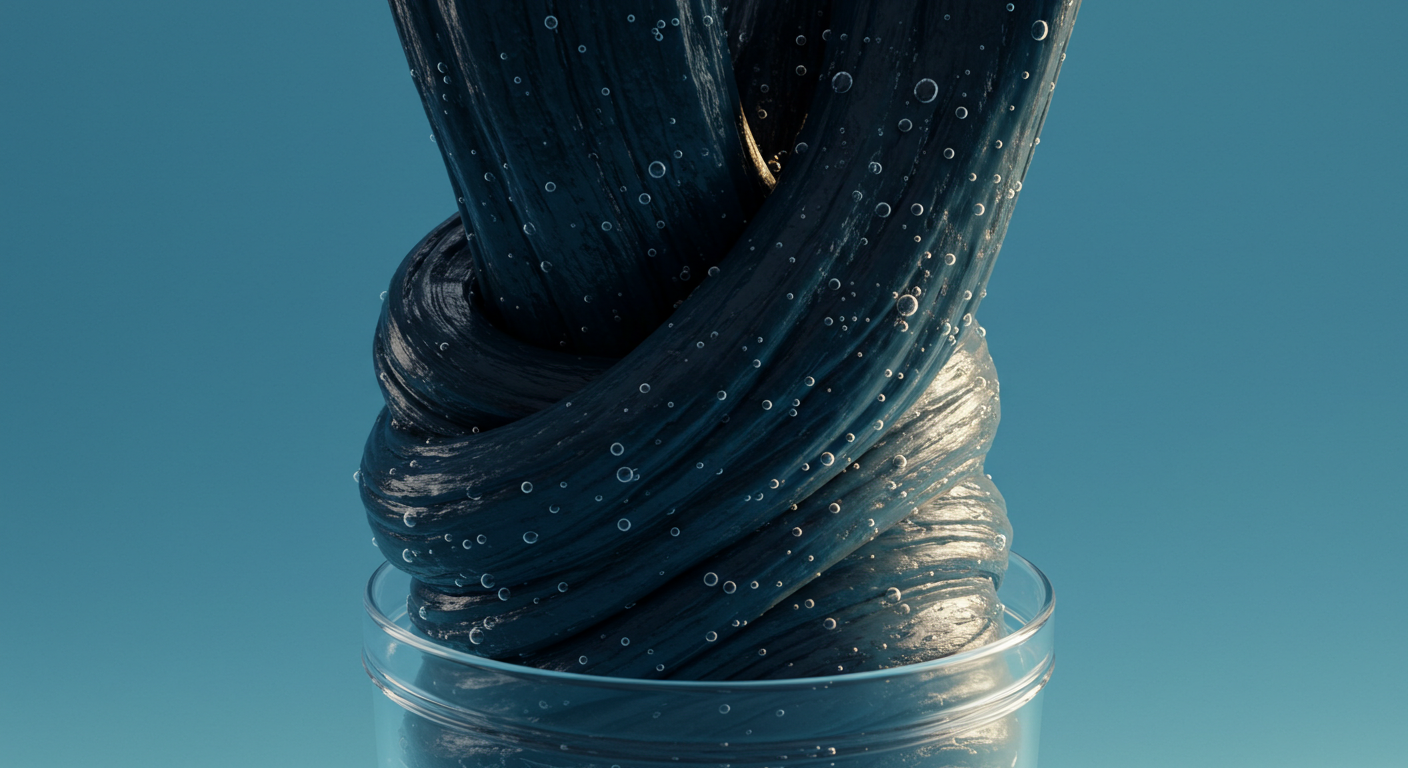

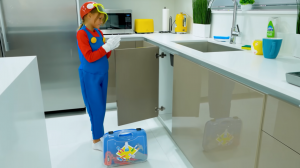


![Best Remote Control Cars For Kids [2022 Review]](/assets/images/80b330010aa907b77b0ed672f3a76cc8.png)